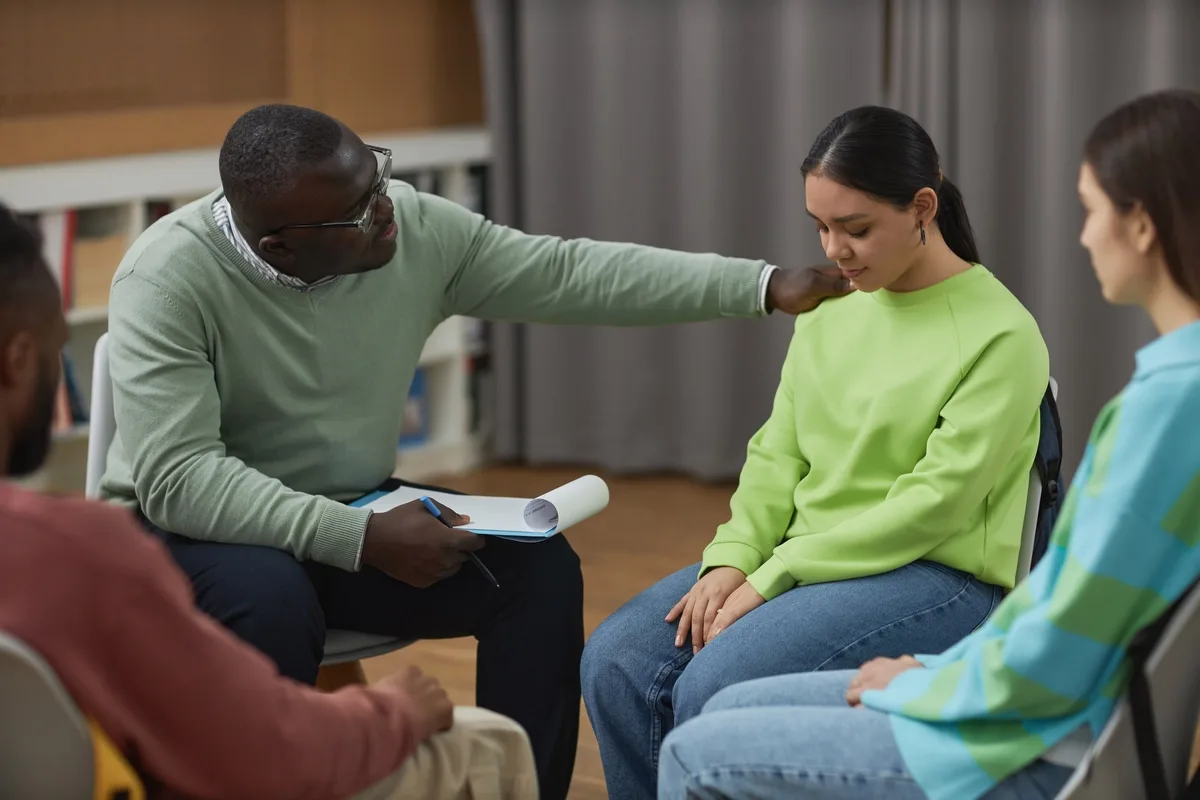24/7 Helpline:
(866) 899-221924/7 Helpline:
(866) 899-2219
Learn more about Klonopin Rehab centers in Woodbine
Klonopin Rehab in Other Cities

Other Insurance Options

Humana

Medical Mutual of Ohio

Oxford

BHS | Behavioral Health Systems

PHCS Network

BlueCross

CareFirst

Covered California

Molina Healthcare

Carleon

Sutter

Self-pay options

MVP Healthcare

Magellan Health

Health Partners

Coventry Health Care

Horizon Healthcare Service

GEHA

Regence

Evernorth







JAEL Health Services
JAEL Health Services is a private rehab located in Ellicott City, Maryland. JAEL Health Services spe...

















































































































































































































Counseling Resources
Counseling Resources is a private rehab located in Ellicott City, Maryland. Counseling Resources spe...

Yudaguru Integrative Wellness
Yudaguru Integrative Wellness is a counseling center located in Ellicott City, Maryland. Lead by Abh...














































































































